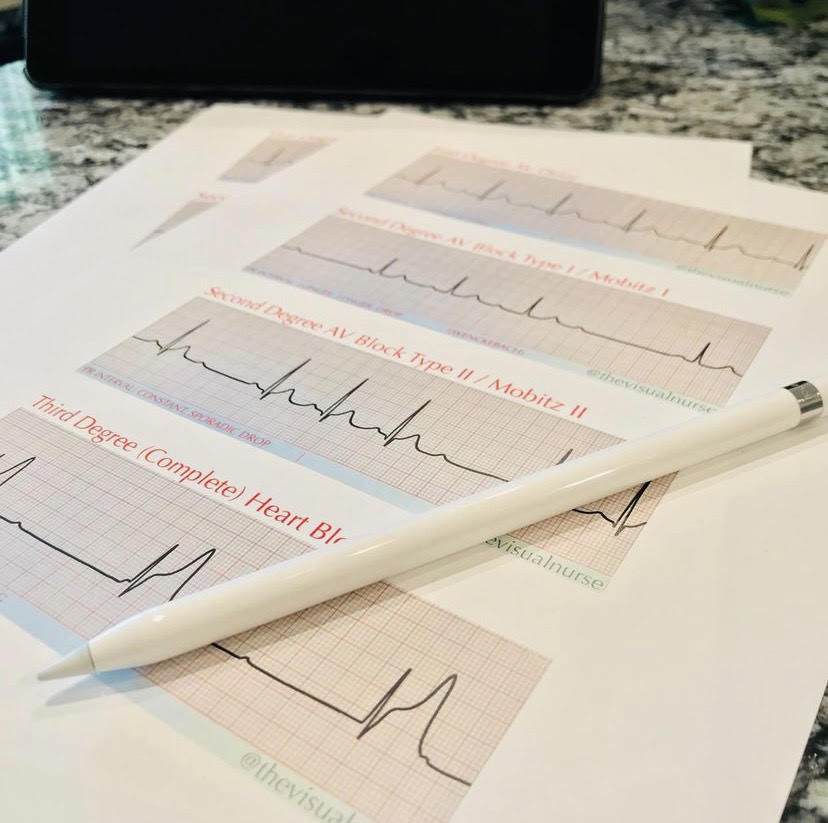
About Course
Embark on a journey into the fundamental principles of Electrocardiography (ECG) with our comprehensive course, “ECG Basics: Understanding the Essentials.” Designed for healthcare professionals and students alike, this course delves into the core concepts necessary for interpreting ECG tracings with confidence and precision.
Through a series of engaging modules, you will gain a solid foundation in ECG interpretation, starting with an introduction to the purpose and significance of ECG in clinical practice. Explore the intricate anatomy and physiology of the heart, understanding how electrical activity translates into characteristic waveforms on an ECG.
Learn to navigate ECG leads and standardization, mastering electrode placement and lead configurations to ensure accurate recordings. Dive into the essential skills of interpreting ECG waveforms, from identifying normal sinus rhythm to recognizing common abnormalities such as arrhythmias and conduction disorders.
Lesson 1: Understanding Electrocardiography (ECG)
- Overview of ECG: History, Purpose, and Clinical Significance
- Basics of Cardiac Electrical Activity: Depolarization and Repolarization
- Importance of ECG in Diagnosis, Monitoring, and Treatment of Cardiac Conditions
Lesson 2: Anatomy and Physiology of the Heart
- Cardiac Anatomy: Chambers, Valves, and Blood Flow
- Electrical Conduction System: SA Node, AV Node, Bundle of His, and Purkinje Fibers
- Relationship between Cardiac Anatomy and ECG Waveforms
Lesson 3: ECG Leads and Standardization
- Types of ECG Leads: Limb Leads (I, II, III), Augmented Leads (aVR, aVL, aVF), and Chest (Precordial) Leads (V1-V6)
- Electrode Placement and Lead Placement Diagrams
- Standardization of ECG Tracings: Paper Speed, Amplitude, and Calibration
By the end of this course, you will emerge equipped with the essential knowledge and skills needed to interpret ECG tracings effectively, making informed clinical assessments and contributing to improved patient care outcomes in various healthcare settings.
Course Content
Lesson 1: Understanding Electrocardiography (ECG)
Module 2: Interpreting ECG Waveforms
Module 3: ECG Measurements and Intervals
Module 4: Clinical Applications and Case Studies
Student Ratings & Reviews

